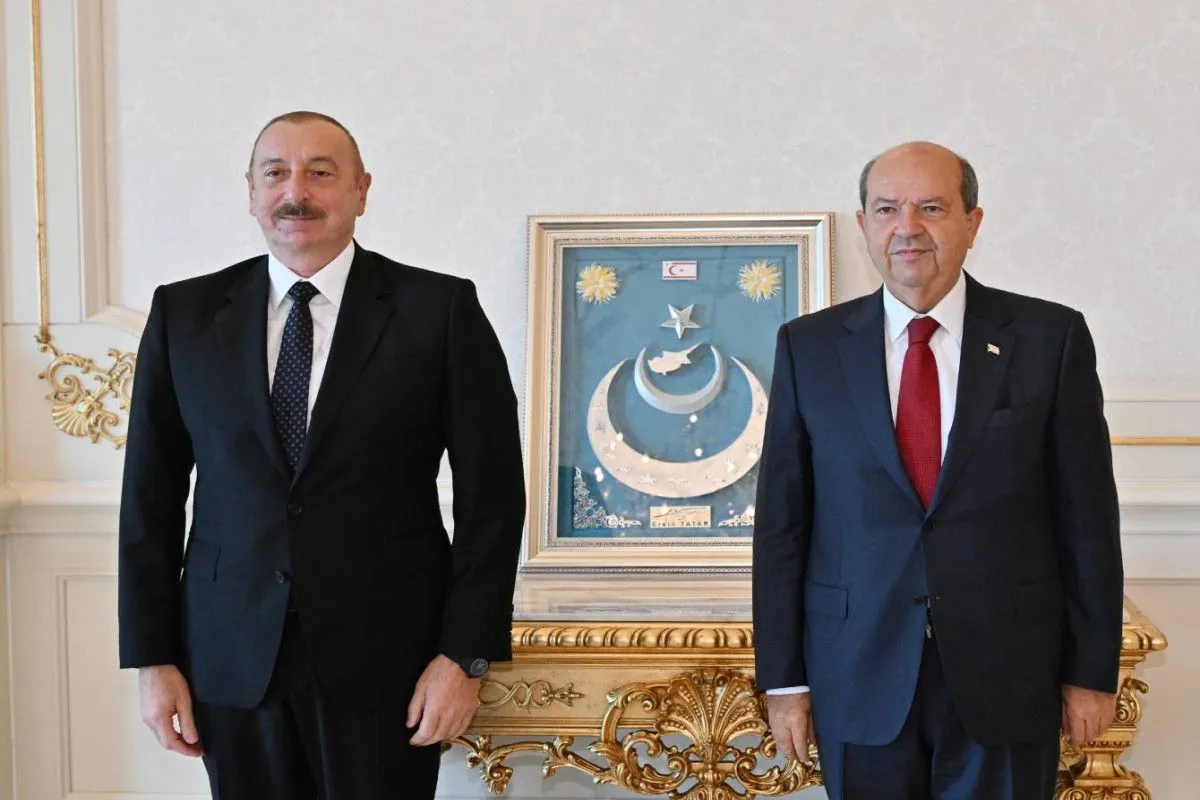In a diplomatic effort to address escalating tensions in the Middle East, Nikos Christodoulides, the president of Cyprus, has reached out to the prime ministers of Lebanon and Israel. The conversations, which took place on September 21, 2024, focused on the need for restraint and dialogue in the region.
Cyprus, the third-largest island in the Mediterranean Sea, holds a unique position as the European Union member state closest to the Middle East. This strategic location has historically allowed Cyprus to serve as a bridge between Europe and the Middle East, a role it continues to embrace today.
The recent escalation of tensions between Israel and Hezbollah, a powerful force in Lebanon, has raised concerns in the region. This week, explosions targeting communication devices resulted in 39 fatalities and thousands of injuries among Hezbollah members. The situation further deteriorated when an Israeli airstrike on September 20, 2024, claimed 31 lives, including 16 Hezbollah members.
In his conversations with Lebanese Prime Minister Najib Mikati and Israeli Prime Minister Benjamin Netanyahu, President Christodoulides emphasized the importance of ending actions that could lead to further destabilization. He stressed the need for resolving disputes through diplomatic channels, adhering to United Nations resolutions and international law.
Cyprus has offered to continue its role as a facilitator of diplomatic efforts, leveraging its positive relations with countries in the region. This offer builds on Cyprus's recent involvement in delivering humanitarian aid to Gaza earlier in 2024, demonstrating the island's commitment to regional stability and humanitarian support.
"To this end the president referred to the readiness of Cyprus to continue to be a conduit of such efforts, as well as contact between the sides on the basis of excellent relations with all countries in the region."
The Cypriot government has also expressed willingness to assist in evacuating civilians if regional tensions escalate further, underlining its commitment to humanitarian causes.
Cyprus's involvement in regional diplomacy is rooted in its rich history and strategic importance. Since gaining independence from British rule in 1960, Cyprus has been a member of the United Nations and joined the European Union in 2004. Despite its own challenges, including the division of the island since 1974, Cyprus has maintained its role as a key player in Mediterranean and Middle Eastern affairs.
As tensions continue to simmer in the region, Cyprus's diplomatic efforts highlight the importance of dialogue and restraint in preventing further escalation. The island nation's unique position and historical experience make it a valuable mediator in the complex geopolitical landscape of the Eastern Mediterranean.
